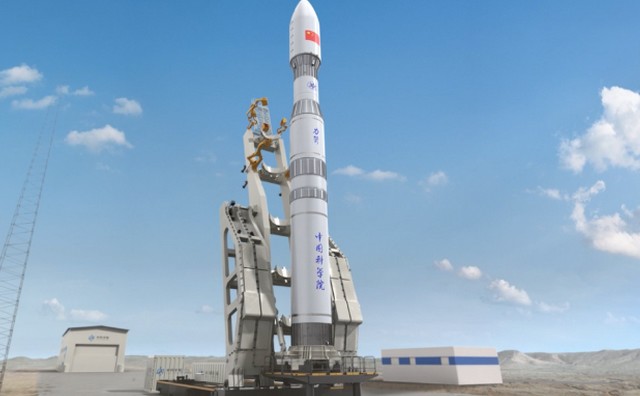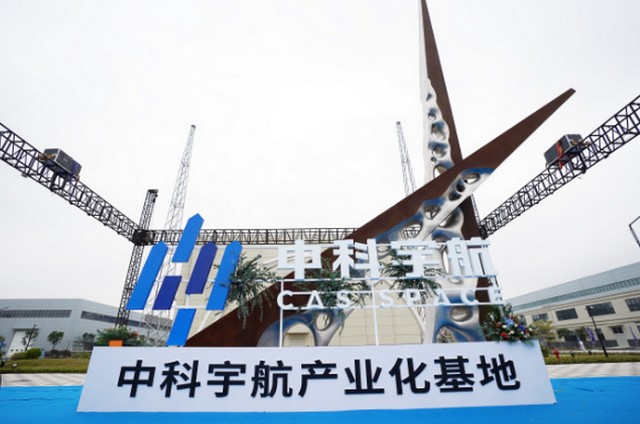With China, in the area of space tourism as in other fields, information is released sparingly, which doesn’t always allow for an accurate and realistic picture of the progress of specific projects in this field.
 However, it is clear that the Chinese are interested in space tourism… if only from a purely political standpoint.
However, it is clear that the Chinese are interested in space tourism… if only from a purely political standpoint.
It is worth remembering that the Chinese space program is actually « one of the very first in the world, » explains Lucie Sénéchal-Perrouault, a doctoral candidate at the CNRS, since it was announced by Mao Zedong as early as the 1950s.
The China International High-Tech Fair (CHTF), held in mid-November across 400,000 square meters in Shenzhen, Guangdong Province, in more than 22 specialized zones, will be an opportunity for CASC (China Aerospace Science and Technology Corporation) – the main entity responsible for China’s space programs – to present its tourism projects. Chinese space.
It is worth noting that this commitment from the CASC (China Aerospace Science and Technology Corporation) demonstrates China’s ambition and assertion of its role as a major player in the space tourism industry.
 Among the 500,000 visitors, those interested in space tourism will be able to discover, during this international high-tech exhibition, Chinese projects for commercial spaceflights and understand how the CASC intends to guarantee the safety, comfort, and affordability of space travel.
Among the 500,000 visitors, those interested in space tourism will be able to discover, during this international high-tech exhibition, Chinese projects for commercial spaceflights and understand how the CASC intends to guarantee the safety, comfort, and affordability of space travel.
China, which started very late in the space tourism sector, is determined to catch up with the United States in this field.
It’s worth remembering that while the first American tourists took to the skies in the 2000s (Dennis Tito was the first space tourist on April 28, 2001), it wasn’t until:
– 2014 that China opened its aerospace industry to private investment;
– that in 2016, the China Academy of Launch Vehicle Technology (CALT) acknowledged that space tourism was worthwhile, « because more and more ‘ordinary’ people are interested in spaceflight. »
– that in 2023, the first Chinese civilian went into space.
This was Gui Haichao, a professor at Beijing University of Aeronautics and Astronautics;
Since opening its aerospace industry to private investment in 2014, China’s commercial space sector has experienced rapid growth. This growth, particularly in space tourism, is driven by companies such as CAS Space, Deep Blue Aerospace, Landspace, iSpace, Galactic Energy, and Space Transportation.
 CAS Space is one of the many Chinese commercial launch companies that have emerged since 2014, when China opened its space sector to private capital.
CAS Space is one of the many Chinese commercial launch companies that have emerged since 2014, when China opened its space sector to private capital.
CAS Space was established in December 2018 with the support of the Chinese Academy of Sciences (CAS) and the Guangzhou Provincial Government.
CAS Space recently signed a cooperation agreement with the country’s largest state-owned travel company, China Tourism Group, committing to « jointly promote the application of commercial space technologies and create a new space economy such as tourism. »
 For Yang Yiqiang, the founder of CAS Space, the future is clear: « With the refinement of the economic model, China should begin suborbital spaceflights in 2027.
For Yang Yiqiang, the founder of CAS Space, the future is clear: « With the refinement of the economic model, China should begin suborbital spaceflights in 2027.
With the rapid development of space technology, space travel for ordinary people is no longer a fantasy but is becoming a reality.
A trip to space will offer tourists a completely new experience. »